Swiss and US neuroscience research gets boost
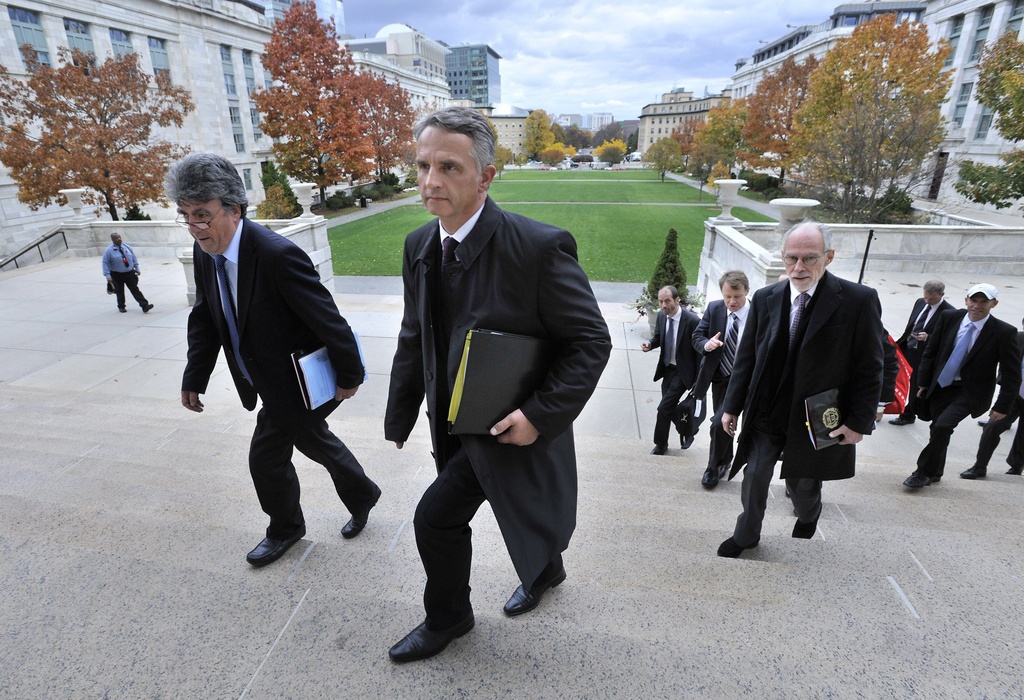
A leading Swiss research institute has joined forces with the Harvard Medical School (HMS) to promote discovery to improve hearing and other sensory systems.
The collaborative effort between the American university in Boston and Lausanne’s Federal Institute of Technology (EPFL) is the result of an initiative by Switzerland’s biotech billionaire, Ernesto Bertarelli.
The Bertarelli Program, which includes a $9 million gift to the HMS, will promote translational neuroscience research and education and bring together basic and clinical investigators with experts in device design.
“Thanks to the Bertarelli family’s tremendous generosity and vision, we will be exploring an area of cutting-edge science that will lead to exciting discoveries, particularly in the field of neurotechnology, for both our institutions,” said the dean of HMS, Jeffrey Flier.
“Since studying at Harvard, I have remained involved with the university and I also have close ties with EPFL, said Bertarelli. “I thought it would be an interesting idea to bring both faculties together to join forces in common projects, where each entity could contribute with its own core competences.”
The programme will include student, researcher and professor exchanges between HMS and EPFL.
A portion of financial gift creates the Bertarelli Professorship and the inaugural incumbent will be William Chin, currently Executive Dean of Research at HMS.
Clinical application
“This commitment to expand our capacity for moving basic neuroscience research into the development and eventual clinical application of devices that improve life, such as enhancing the auditory sensory inputs for the hearing-impaired, is at the heart of our vision to strengthen translational research here at Harvard Medical School,” Chin said.
The Bertarelli Program is also supporting two professorships at the EPFL – to the tune of SFr10 million ($10.18 million) – at the centre for neuroprosthetics. Neural prostheses are a series of devices that can substitute a motor, sensory or cognitive modality that might have been damaged as a result of an injury or a disease.
“It’s fantastic. Switzerland, through the EPFL, is known for its expertise in microtechnology – small, complex and reliable – like the example of the [Swiss] watch proves,” EPFL president, Patrick Aebischer, told swissinfo.ch
“And the HMS has top experts in the field of neurobiology and thanks to its access to a large network of hospitals, can carry out the necessary clinical trials.”
Private financing
When asked whether he thought financing from private sources could compromise a research institute’s independence, Aebischer said the money received from Bertarelli was a gift, with no strings attached. “What’s wrong with that?”
The agreement was also praised by Swiss interior minister, Didier Burkhalter, who was in Boston for the occasion and to attend the 10th anniversary of swissnex, Switzerland’s “economic consulate”.
Burkhalter called the deal “historic”. He described it as a “solid transatlantic bridge in the field of neuroscience, between two institutions and between two countries”.
He emphasised the importance of public-private partnerships in research, saying it was indispensable.
There is not a country or university who can go it alone faced with the challenges of today, whether in the fields of energy, the environment or health, the Swiss interior minister added.
Burkhalter went on to say that research is most likely the only area where Switzerland can compete with the best. However, he told swissinfo.ch at the end of his Boston visit that this should not lead to arrogance.
That is why it is also important that Switzerland deepens its current relationships and seeks new partners through its “diplomacy through science” concept, he added saying he was inspired by what he had seen and heard during his two days in Boston.
United States, Singapore, China and India: These countries play host to five scientific Swiss consulates in the Swissnex network. It is part of Switzerland’s bilateral cooperation concerning education, research and innovation.
Public-private: Administered by the State Secretariat for Education and Research in the interior ministry and with support from the foreign ministry Swissnex operates in partnerships with universities, businesses, associations and private sponsors.
Boston opened in October 2000 and cooperates closely with Swissnex San Francisco and with the Swiss scientific counsellor in Washington. Boston covers mainly New England and the Canadian provinces of Quebec and Ontario.
San Francisco opened in June 2003 and covers the west of the US and Canada.
Singapore opened in 2004 on the Biopolis site, the “science city” that mainly carries out biomedical research.
Shanghai, which is located in the same building as the Swiss consulate general, has been fully operational since 2008.
Bangalore received the green light from the Indian authorities in August 2010. It will be inaugurated in 2011.
(adapted from German by Dale Bechtel)

In compliance with the JTI standards
More: SWI swissinfo.ch certified by the Journalism Trust Initiative
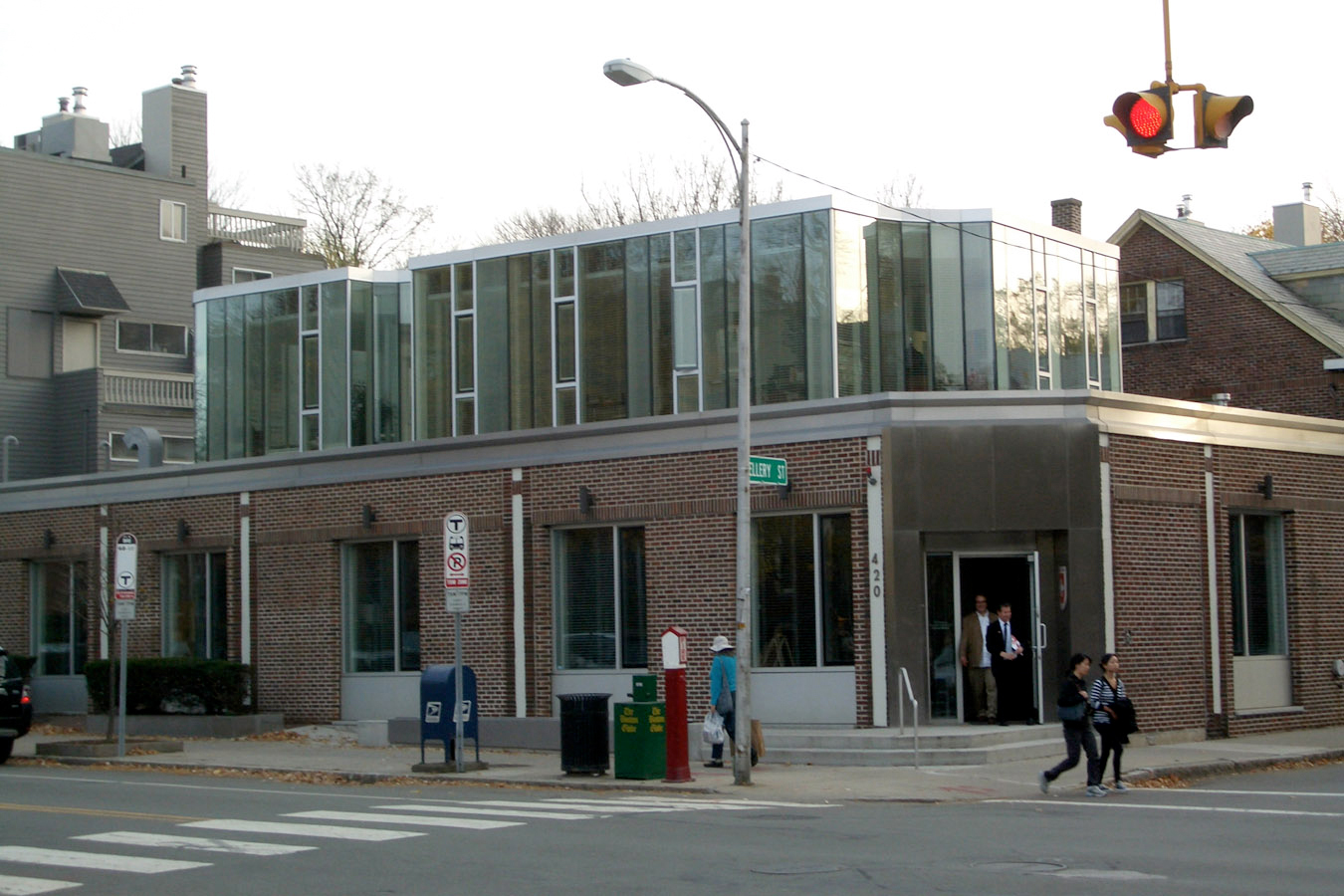

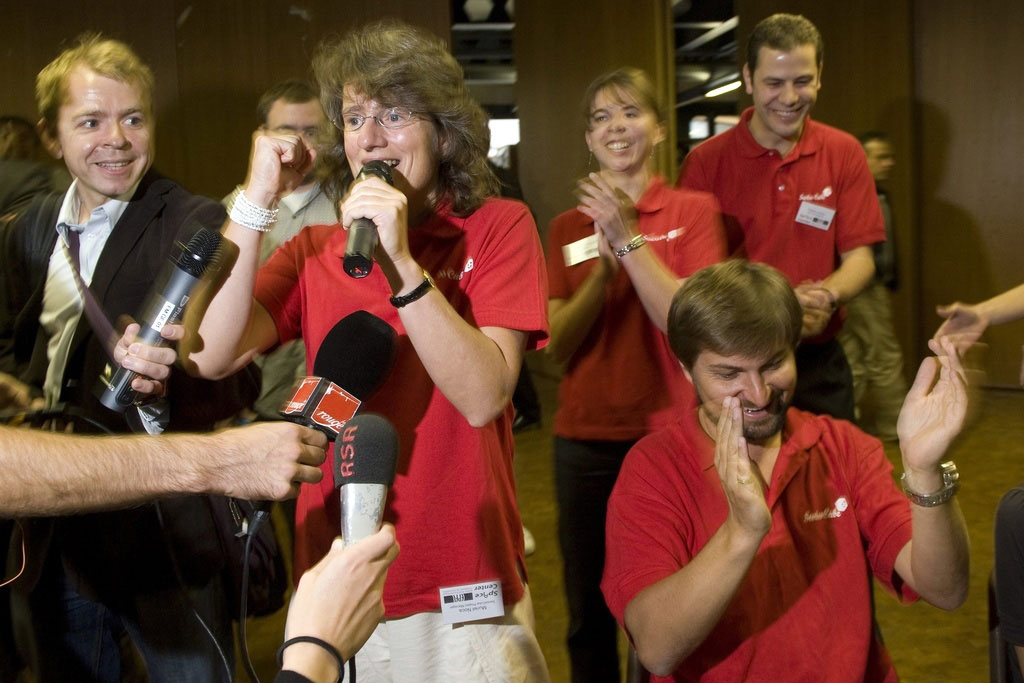
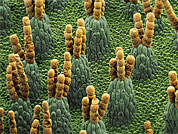
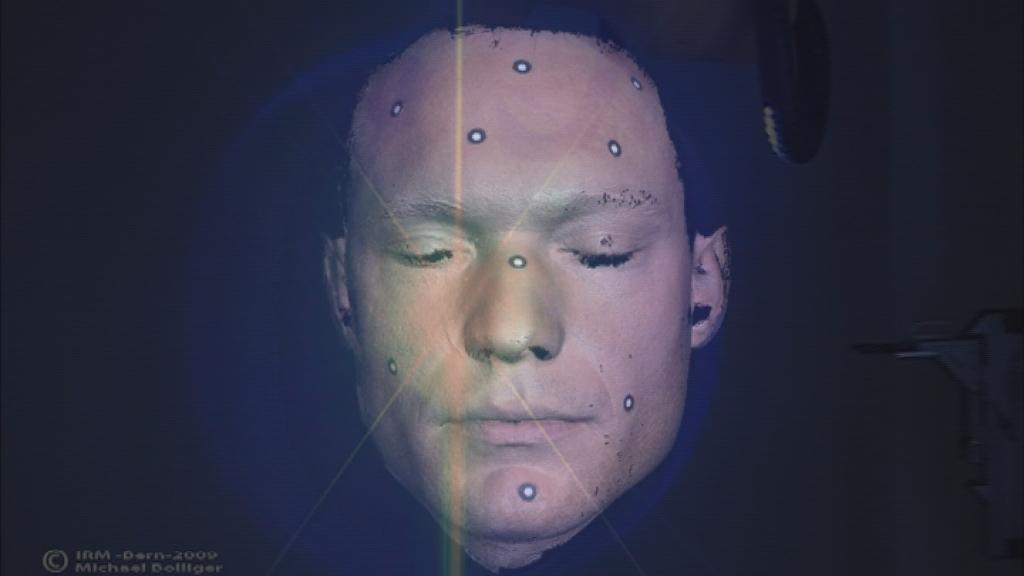
You can find an overview of ongoing debates with our journalists here . Please join us!
If you want to start a conversation about a topic raised in this article or want to report factual errors, email us at english@swissinfo.ch.